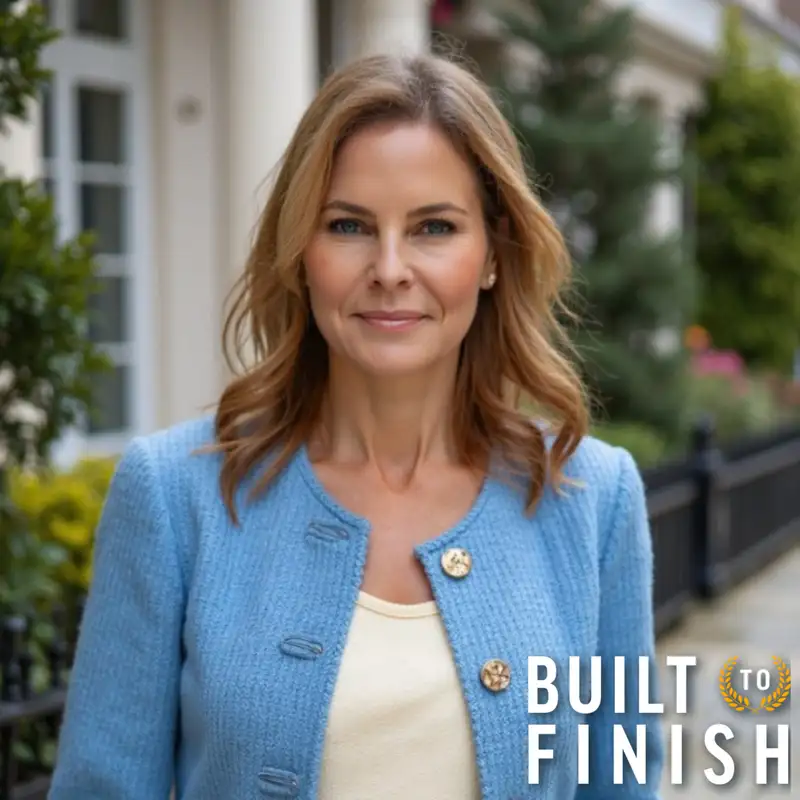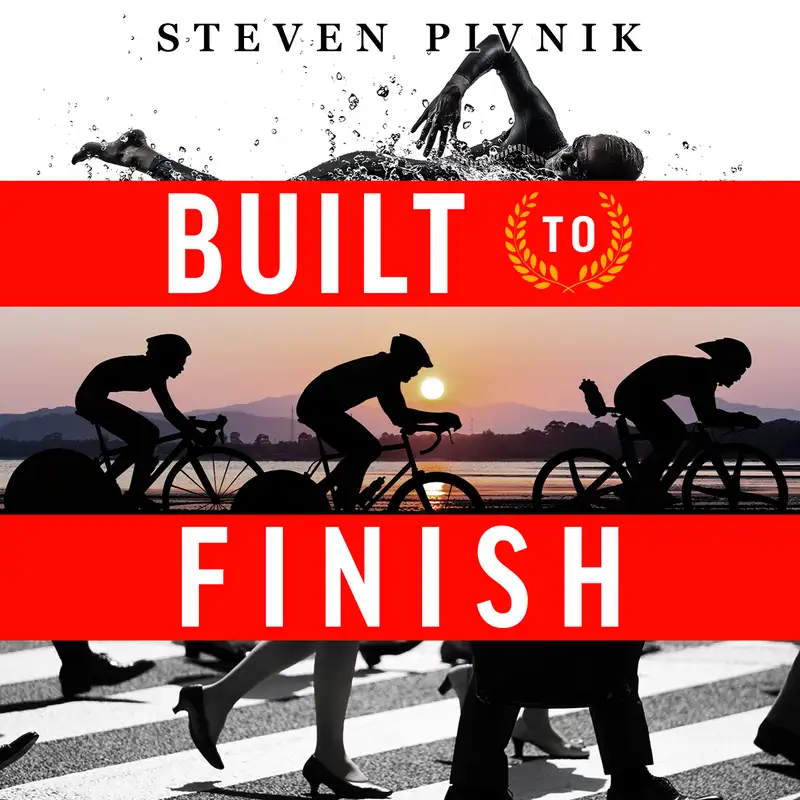Growth, Transformation, and Risk: What Your Board Really Cares About | Naomi Kent
Naomi Kent, the founder and CEO of The Boardroom Company, discusses the intricate dynamics between founders and boards of directors. Naomi shares her 22 years of experience, outlining when founders should formalize an advisory board, what key roles board members play, and how to navigate the challenging transition when outside investors bring in a more formal board structure. The conversation also explores the powerful parallels between the discipline required for endurance sports, like the Ironman triathlons she has completed, and the focus needed to run a successful business. Naomi provides actionable advice for founders on leveraging their boards, for professionals seeking board positions, and for anyone looking to achieve big goals by harnessing discipline, transparency, and the power of their network.
Takeaways:
- Understand the Evolving Purpose of a Board: In the early stages, an advisory board's primary role is often to be a "door opener" for new business and opportunities. As a company matures, especially with institutional investment, the focus shifts to governance, growth, and preparing for major events like an IPO. Boards serve different purposes depending on the company's life cycle.
- Focus on the Three Pillars Boards Care About: When communicating with a board or seeking a board role, frame your expertise around the three things they are most concerned with: growth, transformation, and risk. This includes oversight of potential risks, managing technological and market transformations, and driving different types of growth.
- Be Transparent When Your Board is New: If you are a founder facing a new, more formalized board for the first time, don't pretend to know everything. Be transparent and genuine, stating that it's your first time and that you would appreciate guidance from experienced members. Remember, the board has invested in you and wants you to be successful.
- Hire for Character, Not Just Connections: When building a board, personality fit is critical to avoid contentious dynamics. The best board experiences are defined by the people, not the product. Look for attributes like collaboration, humility, and the ability to ask questions constructively without making management look bad.
- Achieve Big Goals by Telling People: Whether you want to run a marathon, write a book, or start a business, the first step is to tell people about your goal. This creates accountability and opens you up to unexpected help from your network, connecting you with people who can make your goal a reality.
- Discipline from Fitness Translates to Business: The discipline, goal-setting, and resilience required for endurance sports like an Ironman directly improve business performance. Being physically fit helps you maintain focus, be more alert, and perform better mentally.
- To Get a Board Seat, Make Your Network Aware: Finding a board role is not like a traditional job search; positions are rarely advertised. Instead of asking for help, you should make your network aware of your desire to join a corporate board, ensuring you are prepared and using the correct "board-level language" to present yourself as a credible candidate.
Quote of the Show:
- “If you get into the mindset of a loser or someone who's not achieving. Everything's destined to fail, in my opinion. And so everything is about your attitude and everything is about how you approach your day and how you approach your week and the goal settings and things like that.”
Links:
- LinkedIn: https://www.linkedin.com/in/naomikent/
- Website: https://theboardroomco.com/
Ways to Tune In:
- Spotify: https://open.spotify.com/show/1ghmiiaRwVtQ9kqqqvmVQY
- Apple Podcasts: https://podcasts.apple.com/us/podcast/built-to-finish/id1781753842
- Amazon Music: https://music.amazon.com/podcasts/665cacbf-79ed-4745-8856-1d8465943c65
- Podchaser: https://www.podchaser.com/podcasts/built-to-finish-5907037
- YouTube: https://youtu.be/VXdu5jkMcTQ
Creators and Guests



